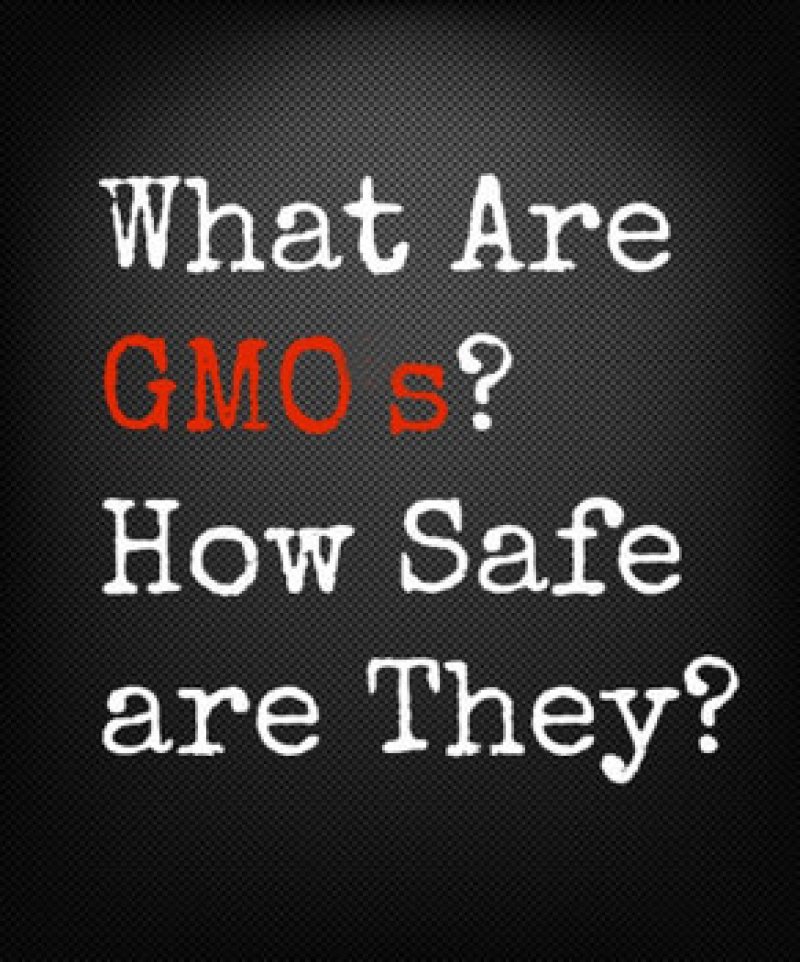The GLP aggregated and excerpted this blog/article to reflect the diversity of news, opinion, and analysis.
A Tufts researcher, Sheldon Krimsky, recently published his assessment of the last seven years of peer-reviewed evidence, finding 26 studies that “reported adverse effects or uncertainties of GMOs fed to animals.” If recent history is any indication, Sheldon Krimsky will be slammed as a “science denier.”
The current vehemence is the product of a well-funded campaign to “depolarize” the GMO debate. In a New York Times op-ed, Mark Lynas accuses environmentalists of “undermining public understanding of science.” Slate’s William Saletan goes further in his July feature, calling those who want GM labeling “pseudo-environmentalists waging a leftist war on science.”
Who would have known that depolarization could feel so polarizing—and so stifling of scientific inquiry.
In a world that respects scientific inquiry, we would debate the appropriate levels of precaution for genetic engineering. That would be constructive and depolarizing. Instead, we get pundits like Lynas and Saletan tarring anyone who dares call for precaution with the stain of being another science-denying zealot.
What about that skeptical public? Are they really just ignorant and brainwashed? Or is their skepticism informed by their repeated experiences with corporations telling them something is safe and finding out it’s deadly. Who in the U.S. hasn’t lost someone to smoking-related disease? Is the public really so foolish to be skeptical, of both industry and government?
What about the much-cited consensus among medical and scientific associations? Krimsky found no such agreement, just the same kind of wide variation in opinion, which he usefully ascribes to differing methods, and goals, not ignorance or brainwashing.
Krimsky goes out of his way, however, to document the industry-backed campaigns to discredit two scientific studies that found cause for concern. “When there is a controversy about the risk of a consumer product, instead of denying the existence of certain studies, the negative results should be replicated to see if they hold up to rigorous testing.”
That would have been a refreshing response to the recent World Health Organization finding that glyphosate is a “probable human carcinogen.” Instead, the industry called out its attack dogs to discredit the study. Who here is really anti-science?
Read full, original post: The GM Labeling Law to End All Labeling Laws































